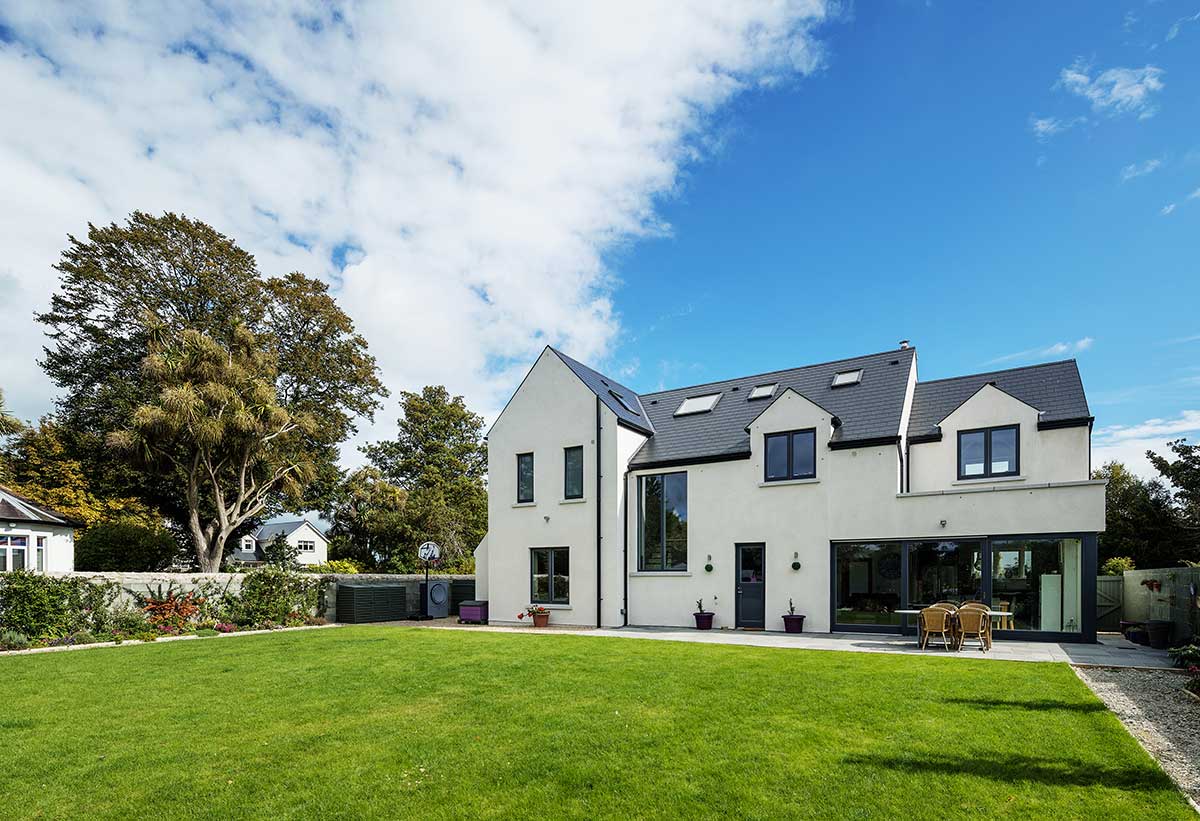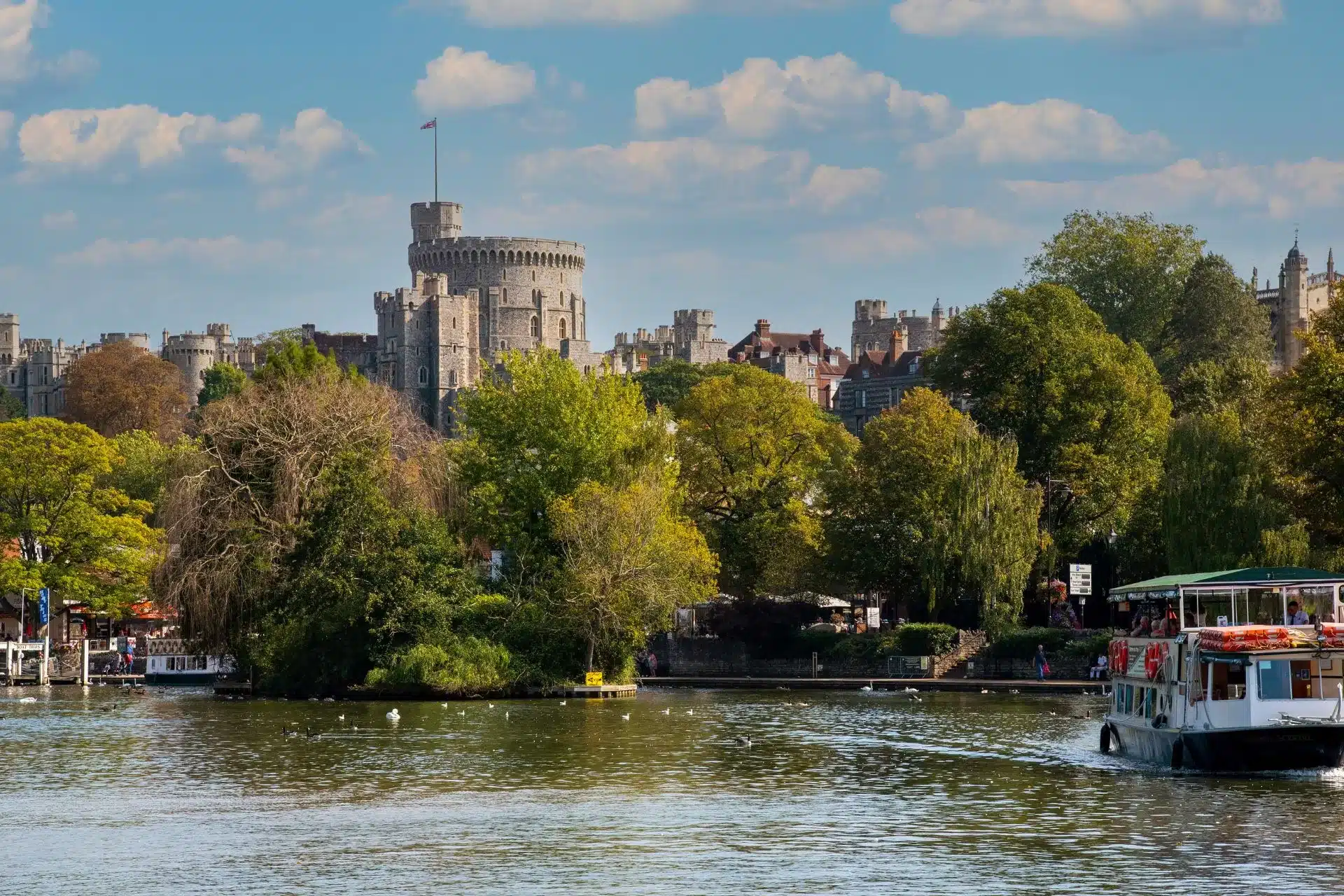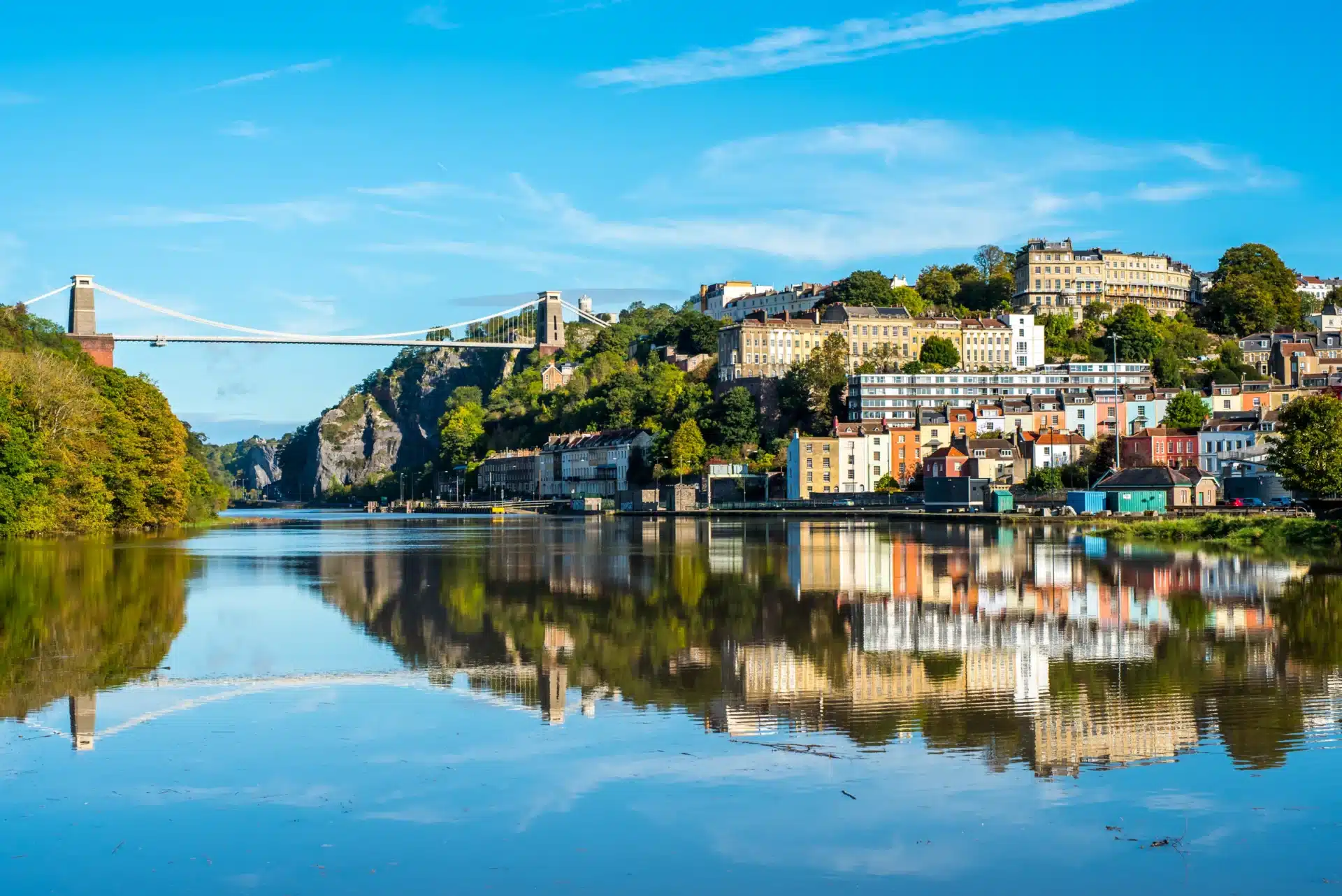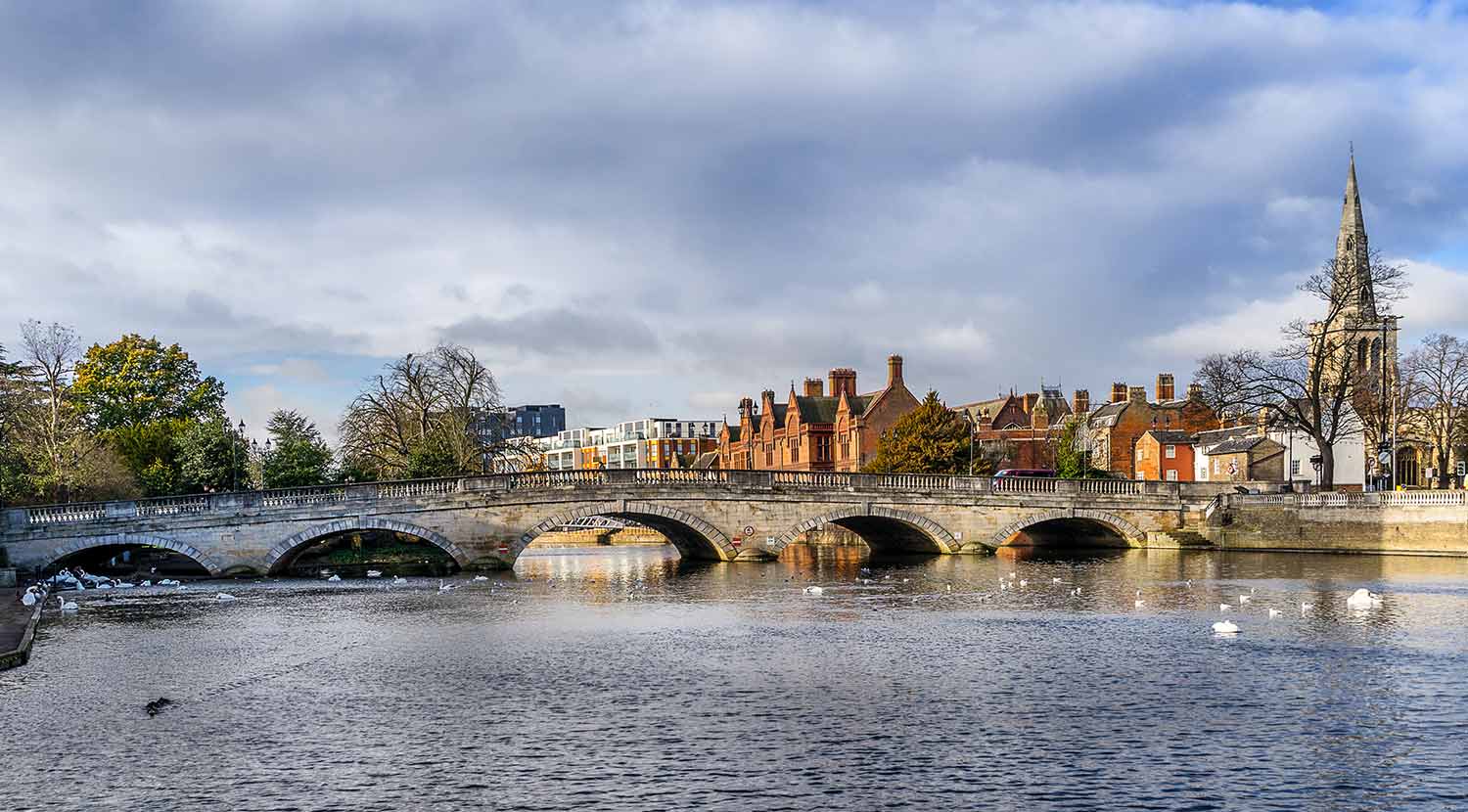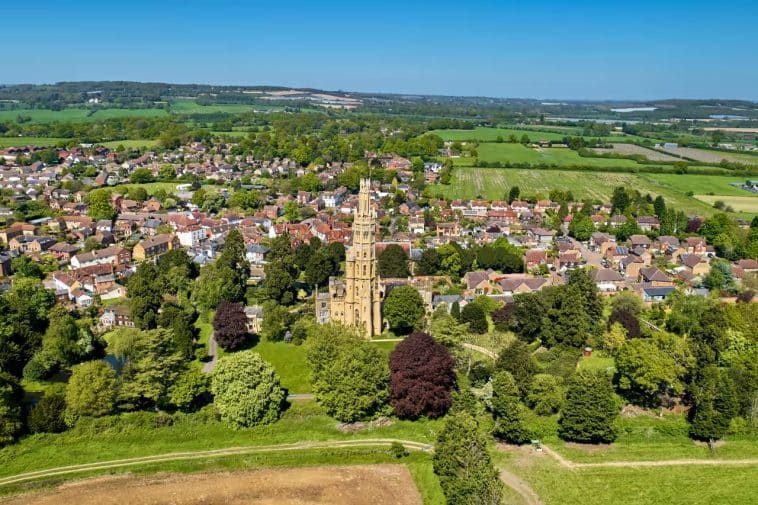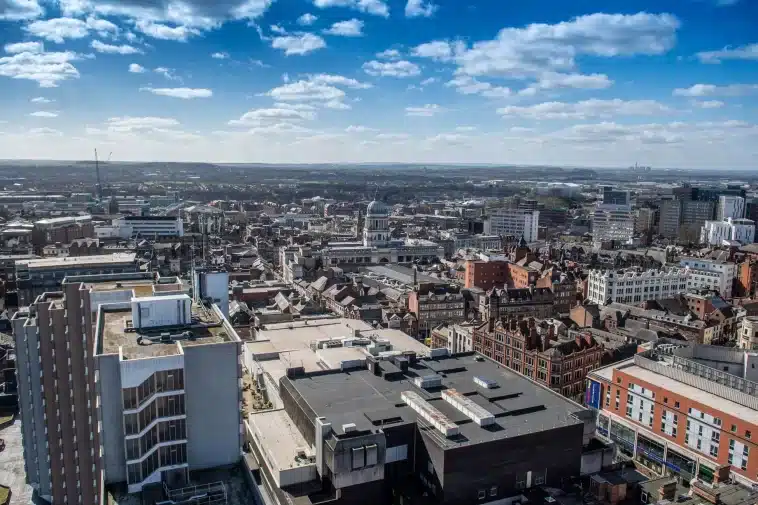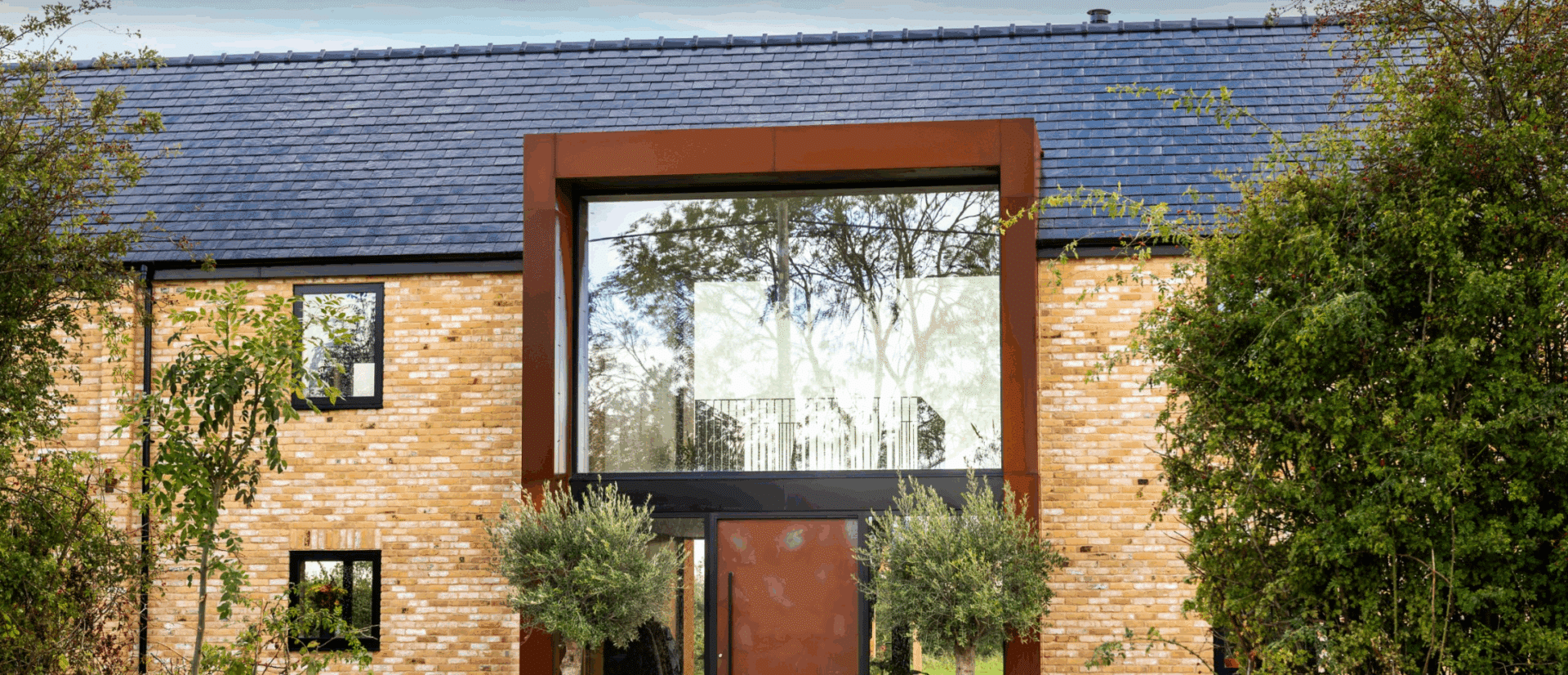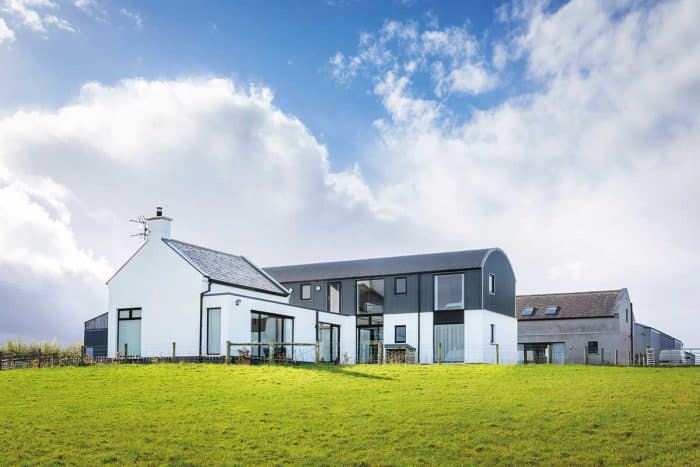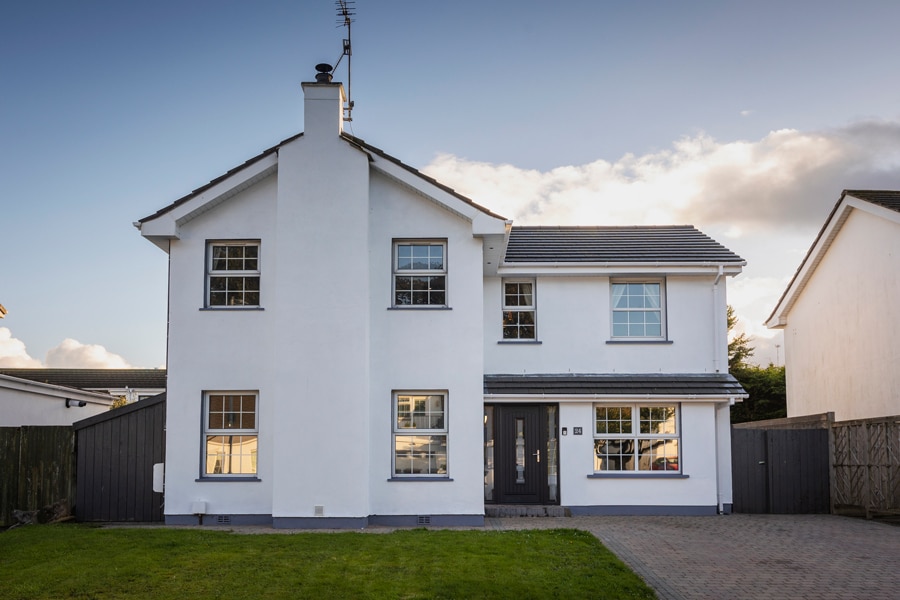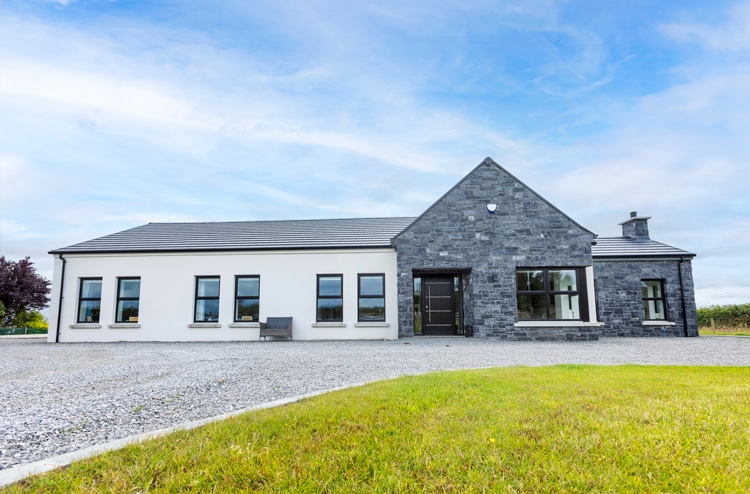Self-builders in ROI can get €30k in tax back from the Help to Buy scheme; find out what you need to know with Selfbuild’s Help to Buy Factsheet.
In this article we cover:
- What is the Help to Buy scheme
- How it’s performing
- Who can apply
- What properties qualify
- Clawback rates
- Average price of building a house in Ireland today
- How much self-building saves versus buying a new build
- Applications under the First Home Scheme
As the ROI government signalled the Help to Buy scheme would be extended to 2030, we look at how to apply and what to expect from the process.
Indeed, in his first speech as Taoiseach, Simon Harris identified house building as a key priority and pledged to extend the Help to Buy scheme by a further five years.
Selfbuild Help to Buy Factsheet
Buying or building a first home can be incredibly challenging, especially when it comes to saving up for a mortgage deposit. For many first-time buyers, the high upfront costs can be a significant barrier.
This is where the Help to Buy (HTB) scheme comes in. Designed to ease the financial burden, this government programme aims to make it more feasible to secure a new build home for first timers.
The latest data from the scheme, published by Mazars consultants alongside Budget 2023, states that since HTB was launched in 2016, over 8,000 self-builders have benefitted from the scheme.
Further analysis indicates that the median house price for self-builds under the scheme was €305,000, compared to €330,000 for newly purchased houses.
On average, self-builds were priced at €312,114, presenting a 6 per cent saving compared to the average purchase price of €332,320 for newly built homes.
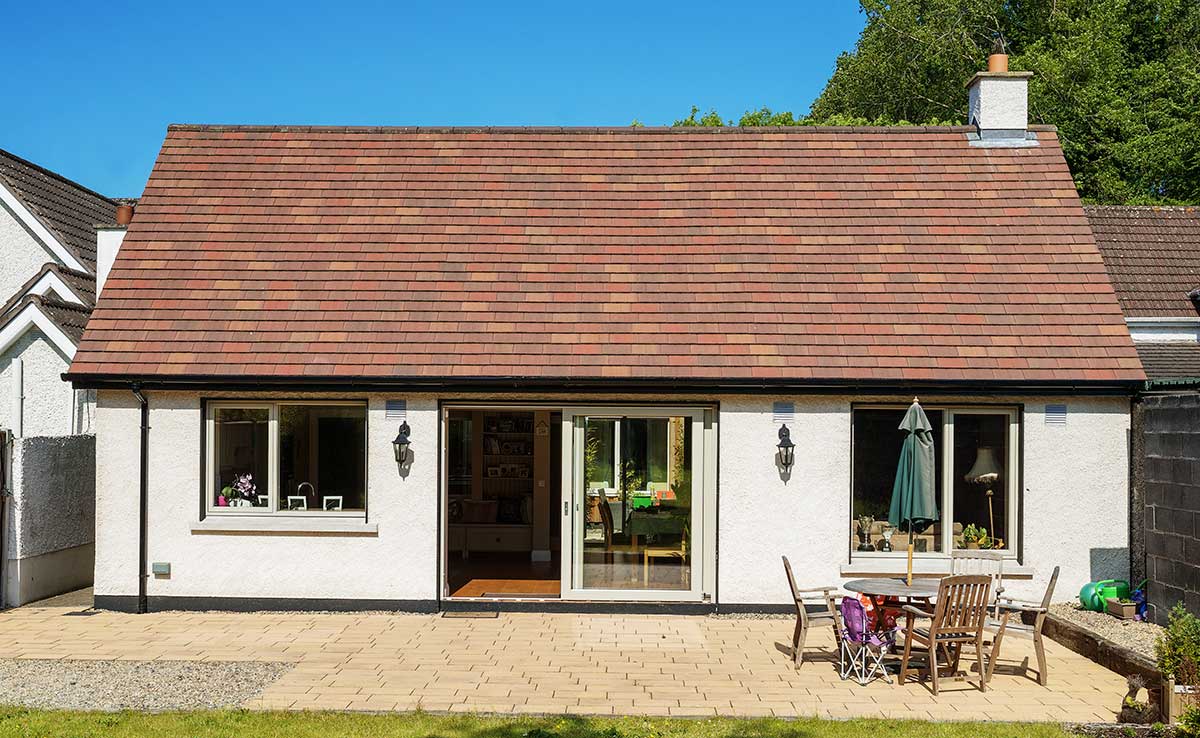
What is the Help to Buy scheme?
The HTB scheme is a Government tax refund scheme was originally designed to help first-time buyers fund the deposit needed to self-build or buy a new home.
First-time buyers (FTB) can claim a tax rebate of up to €30,000 towards the price of a self-build house. This is up from €20,000 when the HTB scheme was first introduced in January 2017.
In the Budget 2024 updates, the HTB scheme was extended to December 31, 2025. Also, as of October 11, 2023, applicants using the Local Authority Affordable Purchase Scheme are now eligible for the Help to Buy Scheme.
Who can apply?
To get the Help to Buy (HTB) scheme, you need to:
- Be a first-time buyer.
- Self-build or buy a new home between January 1, 2017 and December 31, 2025.
- Live in the home as your main residence for at least five years after building or buying it.
- Be tax compliant and have tax clearance if needed.
You must also get a mortgage for at least 70% of the home’s approved value from a qualifying lender. Normally, government shared-equity funds don’t count in this calculation, but there’s an exception if you’re using the Local Authority Affordable Purchase Scheme and signed a contract on or after October 11, 2023.

Be aware that you can’t have previously owned or built a house or apartment – alone or with others – anywhere in the world. If you’re self-building with others, they all need to be first-time buyers too. Inherited or gifted properties might not disqualify you, depending on the situation.
If you sign a contract for a new house, or draw down on a self-build mortgage, between July 23, 2020 and December 31, 2025, you can get the increased relief.
Although you don’t need a Revenue-approved contractor for self-builds, you do need a solicitor registered with Revenue as an HTB approver to confirm your claim.
You are allowed to have a guarantor on the loan. If you have a guarantor on the loan, they do not have to be a first-time buyer.
What qualifies as a ‘new build’ in a self-build scenario?
Only self-builds or brand-new homes qualify. Conversions, extensions and renovations of old properties don’t count, but converting a non-domestic building into a home might be eligible.
What does the scheme consist of?
This scheme gives you a refund on income tax paid over the last four years, up to 10 per cent of the approved valuation of your self-build home or €30,000, whichever is less. It’s only for homes valued at €500,000 or less.
So, if your self-build is valued at €300,000, you can get the full €30,000 rebate. If it’s valued at €400,000, you’ll still get €30,000, but you get nothing if it’s over €500,000. You must have paid enough income tax and/or DIRT in the last four years to claim the amount. Even if you were abroad, as long as you paid some income tax in that period, you could qualify.

How does Revenue determine the valuation?
For self-builds, Revenue uses the final valuation approved by your lender, not the actual building costs.
Can Revenue ask me to repay the Help to Buy payment?
You will have to repay Revenue some or all of your HTB payment in certain situations. This is called clawback.
You have to pay the HTB payment back to Revenue if you:
- Don’t live in the home for at least five years.
- Don’t finish building the home within two years from the date on which the HTB payment is made.
- Weren’t entitled to the payment in the first place.
If you don’t complete the build within the two-year threshold, HTB must be paid back to Revenue within three months.
If you do not live in the home for five years, the amount you must repay depends on how long you lived there:

For instance, Brendan received an HTB payment of €15,000. The house was completed by the builder in September 2021, and he moved in immediately. In November 2024, he stopped occupying the house and sold it, notifying Revenue accordingly. Since Brendan ceased to occupy the house in year 4, there is a clawback of the HTB payment as follows:
€15,000 x 40% = €6,000
Refer to Revenue’s Help to Buy – Summary Guide for Applicants for required documents and claim process details.

When can I claim/get the tax refund?
To claim your tax refund you must have a mortgage in place and have drawn down the first tranche of your mortgage. According to the Summary Guide for Applicants, to make your claim you must supply the following:
- Evidence of your mortgage (including the letter of offer and the signed acceptance form,
which should state the name of the mortgage institution, the mortgage applicants, the
mortgage amount and the address of the property). - Evidence of the date the first part of the mortgage was drawn down.
- A copy of the valuation report from your lender.
Note that your solicitor must be registered with Revenue for the claim to be processed.
If I’m self-building, can I apply to both the HTB and the First Home Scheme?
Yes. When making your application, you will be required to confirm if you are availing of Shared Equity Finance through a government housing support scheme such as the First Home Scheme or the Local Authority Affordable Purchase Scheme.
You will be asked to enter the First Home Scheme details under the Shared Equity headings.

